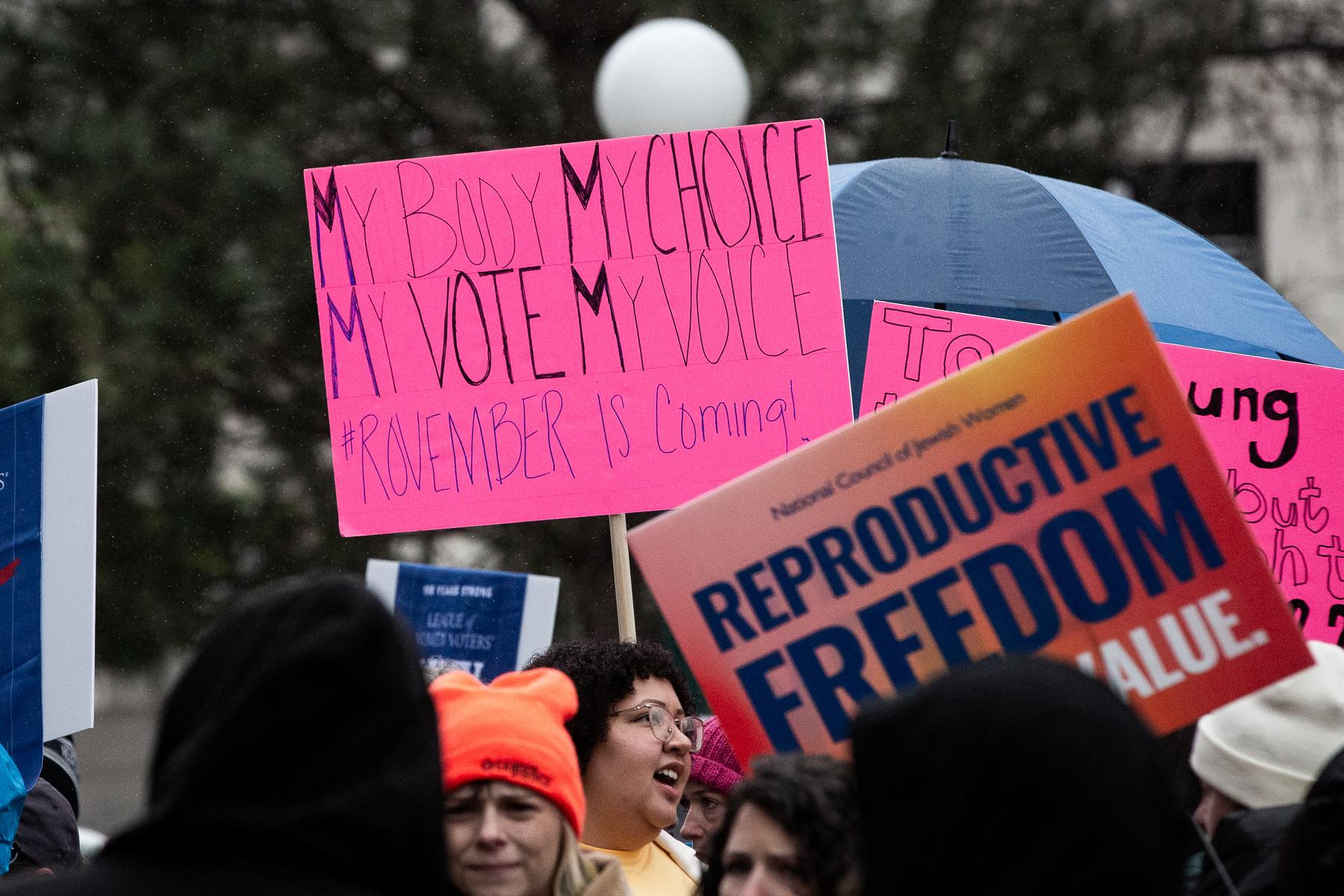
The University of Colorado Boulder's athletic department finds itself -- once again -- at the center of a Title IX controversy. Title IX is a federal law that covers gender equity on college campuses. The CU case involves a former assistant football coach who, despite allegations of domestic violence, was allowed to coach in the Buffs' appearance in the Alamo Bowl last December. The game capped a season that saw the football team return to national prominence.
Following an internal investigation, it was determined that university and athletic department officials mishandled the situation. Phil DiStefano, the chancellor on the CU Boulder campus, Athletic Director Rick George, and Head Coach Mike MacIntyre were all disciplined. DiStefano was suspended for 10 days without pay while George and MacIntyre contributed $100,000 to organizations combating domestic violence. A few days later, the university's Board of Regents approved an almost $15 million contract extension for MacIntyre. The victim in the domestic violence case has said the punishments are too light.
In the aftermath of the investigation, and the subsequent discipline, some have questioned whether CU officials placed athletics over taking the appropriate action called for in the case. The university had revamped its Title IX policies over the last decade after reaching a $2.85 million settlement in 2007 with two women who said they had been sexually assaulted at a party attended by football players.
Scott Lewis is a Denver attorney and as co-founder of The Association for Title IX Administrators, which helps universities comply with Title IX. He spoke with Colorado Matters host Andrea Dukakis.
Related:









